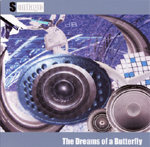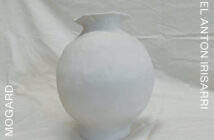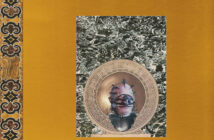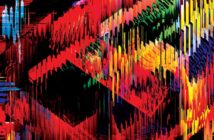
The music of Adelaide duo Sontage is firmly grounded in the sounds of an era where the sampler and the synth arppegiator were the stock in trade of the electronic musician. What is surprising, in this post-IDM age of genre mash-ups, Digital Signal Processing and laptop production, is just how refreshing those sounds can be when done well, as they are here. The cyber-tech artwork may reach a little too earnestly to replicate early-90s future-fetishism, but the music, though rooted in this era, rises above the influences very successfully.
Before ‘chill’ became synonymous with background wallpaper, it was the place where electronic producers could experiment with sounds and not be bound to making things dancefloor friendly. Sontage occupy this territory anew and make it their own. There are sly references to the post-Acid House era in such devices as the birdcall samples in ‘Mechanical Caterpillar’ which bring to mind 808 State’s ‘Pacific State’. There is a heavy use of digital percussion and a playful use of rhythms, from the driving 6/8 of opener ‘Lost In The Rain’ to the baggy-beat of ‘On The Flipside’. Orchestral samples mesh seamlessly with overtly digital synth lines circling around the aforementioned arpeggiated riffs. Which is not to say that Sontage don’t use contemporary production techniques – the sonic glitches rip slices through ‘Meta Thought’s rhythms and background field recordings pop up to add texture.
Overall, though, it is the cleanness of Sontage’s production, which never becomes sterile due to the continual playfulness in their use of sounds, which maintain interest across the simple, repetitive melodies. It recalls a bygone era but does not sound dated and, indeed, uses its anachronistic characteristics to stand out from the crowd in the best possible way.
Adrian Elmer



